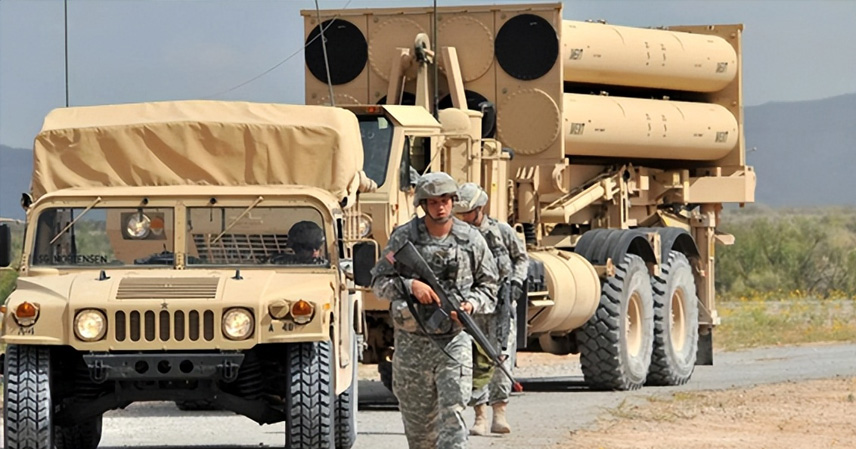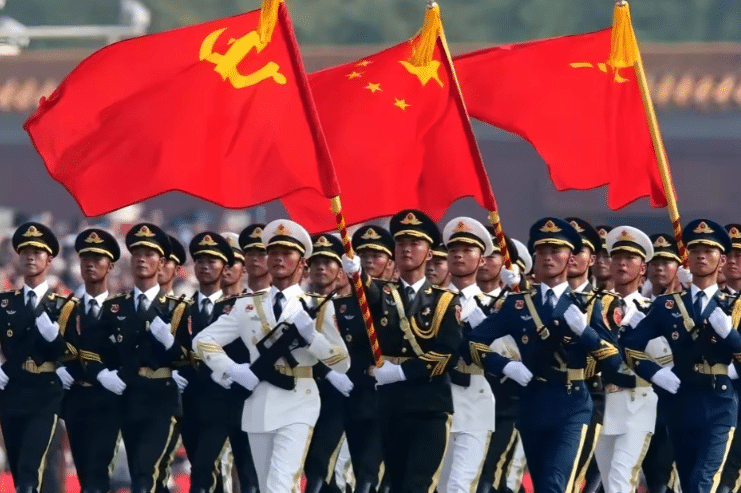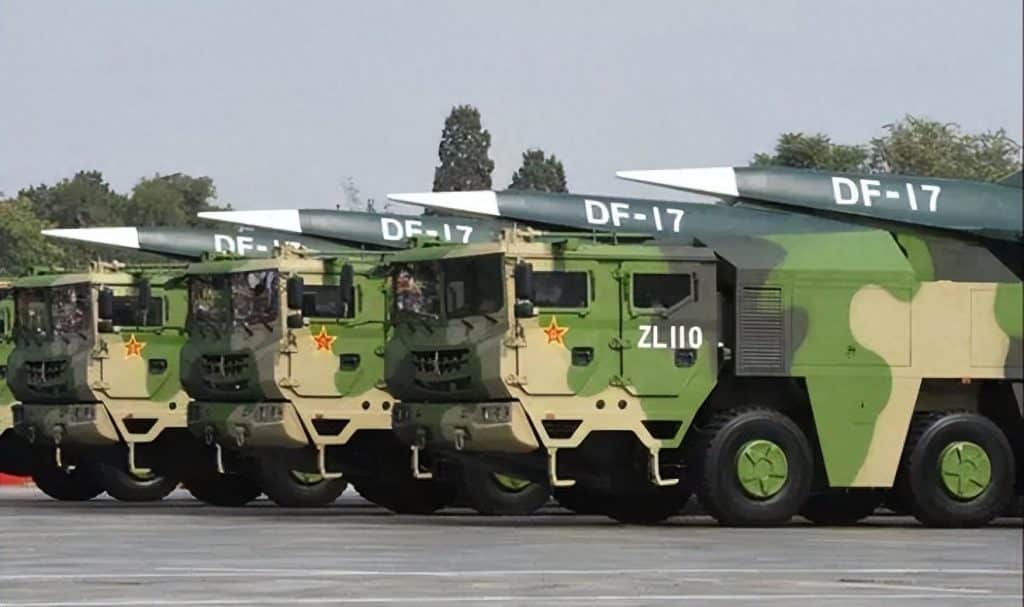As Middle Eastern geopolitics undergo rapid change, Israel has once again placed itself at the center of controversy. On September 15, Israeli Prime Minister Benjamin Netanyahu hosted a U.S. congressional delegation and made unfounded remarks, accusing China and Qatar of waging an “information war” against Israel through social media.
Just three days later, on September 18, the Chinese Embassy in Israel issued a sharp and unusually stern response, expressing “shock, grave concern, and strong opposition.” Beijing dismissed Netanyahu’s claims as nothing more than “misdiagnosing the problem and prescribing the wrong medicine.”
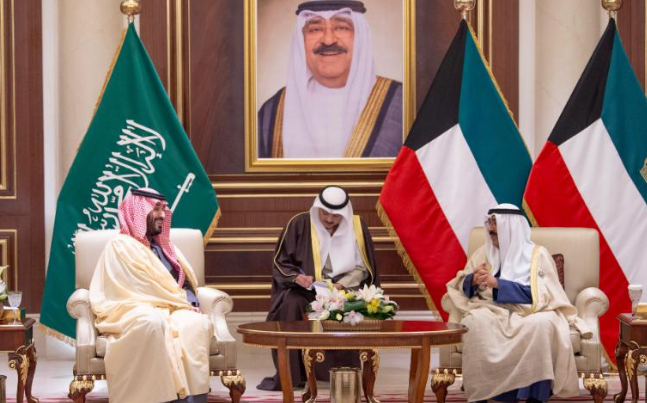
HQ-9B Enters the Stage: Game-Changer Against Stealth Aircraft
The latest wave of regional security realignments further highlights Israel’s miscalculation. Egypt has officially deployed China’s HQ-9BE long-range air defense system, while Pakistan and Saudi Arabia signed a mutual defense pact. At the same time, China’s J-10CE fighters are preparing to join the arsenals of Middle Eastern states.
The deployment of HQ-9B in Egypt alone represents a dramatic shift. With a range exceeding 400 kilometers and powerful anti-stealth capabilities, the system can detect advanced aircraft such as the U.S.-made F-35 at distances of up to 260 kilometers. Its rapid response—locking and firing within 8 to 10 seconds—leaves adversaries little chance to react.
This move severely undermines Israel’s long-standing reliance on “stealth strikes” as a strategic advantage, rewriting the balance of air power across the region.
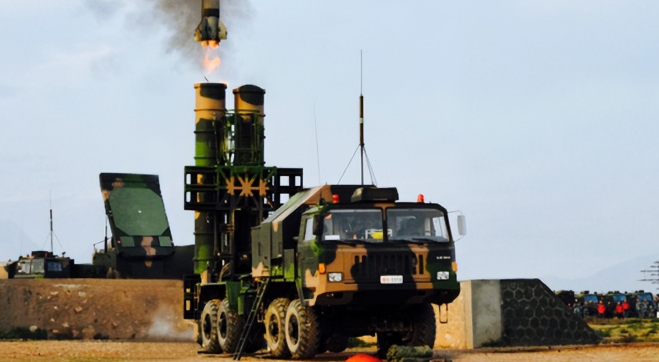
Pakistan-Saudi Alliance: Dual Deterrence Takes Shape
On the offensive side, the introduction of China-made fighters—such as the JF-17 Thunder (“Xiaolong”) and the J-10CE—has elevated Pakistan’s air force capabilities. During joint drills, the J-10CE has demonstrated superiority over F-15SA, Eurofighter Typhoon, and F-16 aircraft.
When paired with Saudi Arabia under the newly signed defense agreement, this capability forms a double-layered deterrence. Saudi officials hinted the deal could even extend to nuclear protection, given Pakistan’s unique status as the only Muslim-majority nuclear power. This agreement symbolizes a deeper trend: the emergence of a regional security framework independent of the United States.
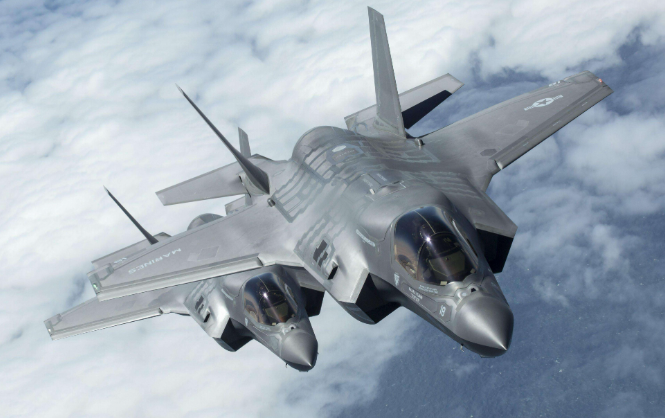
Why Middle Eastern Nations Are Turning East
The shift toward Chinese defense technology reflects more than military pragmatism—it is about sovereignty and strategic autonomy. Recent failures of U.S.-supplied systems exposed vulnerabilities. On September 9, Patriot and THAAD batteries stationed in Qatar failed to intercept critical strikes, leaving allies questioning Washington’s reliability.
Egypt’s case is equally telling. Denied U.S. AIM-120 missiles and pressured out of purchasing Russian Su-35 fighters, Cairo turned to Beijing. Unlike Western arms, Chinese systems are delivered without hidden “backdoor programs,” giving clients full control and independence.
For regional powers, Chinese equipment is more than hardware—it is a path toward strategic autonomy and a hedge against overreliance on Washington.
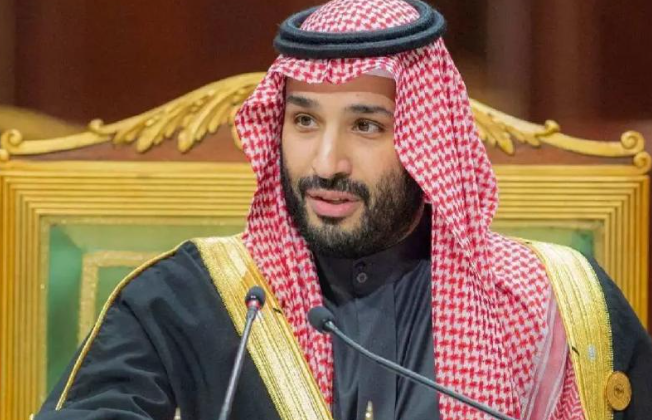
Netanyahu’s Miscalculation
Facing internal turmoil—domestic protests over judicial reform, military resignations, and declining approval—Netanyahu sought to redirect pressure by targeting China. His rhetoric served two purposes: distracting the Israeli public and signaling loyalty to Washington.
But this misstep underestimated both China’s growing influence in the Middle East and its determination to safeguard its interests. Beijing’s rebuttal not only corrected the narrative but also reminded Israel of economic realities: China is its second-largest trading partner, and Chinese investment is deeply embedded across the region, from Egypt’s new administrative capital to Saudi Arabia’s “Neom” megacity.
By attacking Beijing, Netanyahu risks isolating himself at a time when regional players are increasingly “looking East” for security and development partnerships.
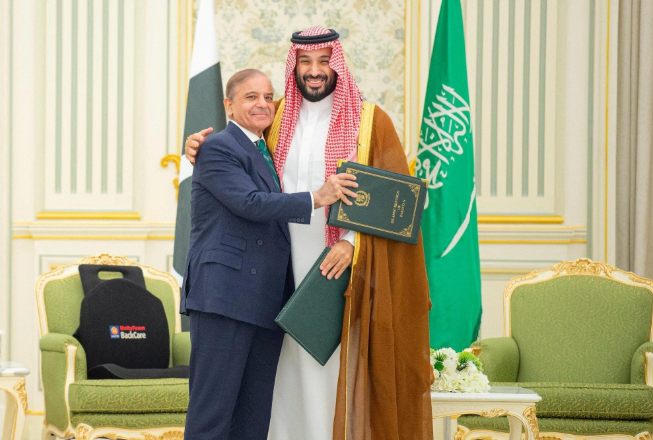
Conclusion
The Middle East is undergoing a structural transformation. Reliance on a single superpower for security guarantees is giving way to a multipolar order where sovereignty and balanced deterrence matter most. China’s role—as both a supplier of advanced weaponry and a development partner through the Belt and Road Initiative—is accelerating this trend.
In contrast, Israel’s outdated approach—clinging to bloc politics and zero-sum logic—risks leaving it increasingly marginalized. The future belongs to those who can read the “new map.” For Middle Eastern nations, aligning with China means not only new defense capabilities but also a broader path toward independence and strategic leverage.
References
- Reuters, September 19, 2025 – U.S. arms deal with Israel
- Xinhua News Agency – Chinese Embassy in Israel response
- Middle East Monitor – Egypt defense modernization reports
- Jane’s Defence Weekly – Pakistan Air Force capabilities

